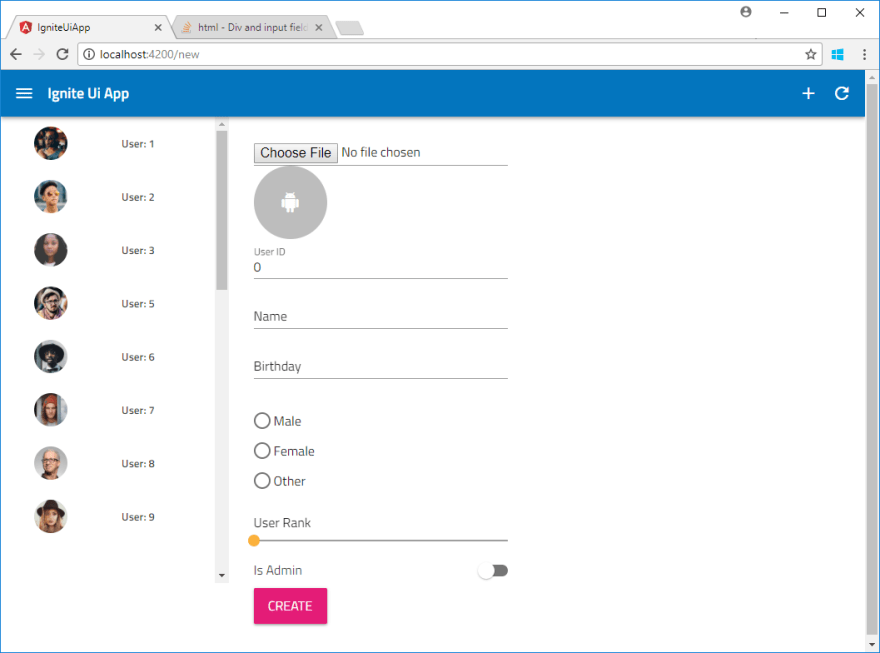
Last year, Google's then-CEO Larry Page (who is now CEO of Google's parent company Alphabet) was asked about the threat of ad blocking.
#Dirty unicorn recent menu delete apps android#
Google wants developers to have no barriers to monetizing their apps because they are the lifeblood of the Android platform. Developers invest a lot of resource into building their apps - which are like branded houses which they assume a certain level of control over, without the experience being unexpectedly disrupted third-parties. Presumably Google is reinforcing its hard line on mobile app ad blocking because it wants to protect its developer ecosystem.
#Dirty unicorn recent menu delete apps plus#
In addition, Google is also one of the companies that pays popular ad blocker Adblock Plus for its ads to be unblocked. Google makes money from ads both on the mobile web and through mobile apps, with the Google Display Network and AdMob respectively, so it seems odd that it would effectively ban mobile app ad blocking, but not ad blocking on the mobile web. This tweet from ad blocking company Shine's chief marketing officer Roi Carthy also outlines the confusion around why Google would ban ad blockers in one part of its ecosystem, but not another.

Google knows that ad-blocking browsers are popular enough that not having them on Android could hurt the platform. as long as it only occurs inside your own app. "Apps that block or interfere with another app displaying ads." Why not just say "apps that block or interfere with the display of ads?" And I think therein lies Google's dirty little secret: ad blocking is OK. When New is selected, or a saved format is selected for editing in the. So, Google doesn't allow ad blockers, but apps that block ads inside themselves - like a browser - seem to be OK? The wording of Google's example in the new policy about blocking ads would seem to provide support to that position. Example: Edit:Delete:Curves i.e., the menu option Curves in the sub-menu Delete. These apps don't interfere with other apps, but they still prevent the display of ads, squeezing publishers' - and, indeed, Google's - revenues. Nevertheless, it's still a confusing territory, not least because Google still allows ad blocking browsers in the app store. This includes apps that interfere with the operation of other apps but does not prohibit stand-alone or explicitly integrated apps that block ads as part of their designed functionality." To provide a positive user experience, we remove apps from Google Play that violate our developer distribution agreement or policies. Mobile apps and Web browsers work differently with different levels of access and control. Google sent Business Insider this statement via email: "We are constantly evaluating Google products and their policies.


 0 kommentar(er)
0 kommentar(er)
